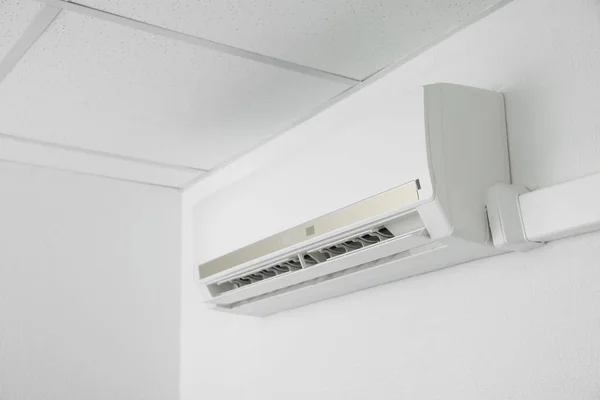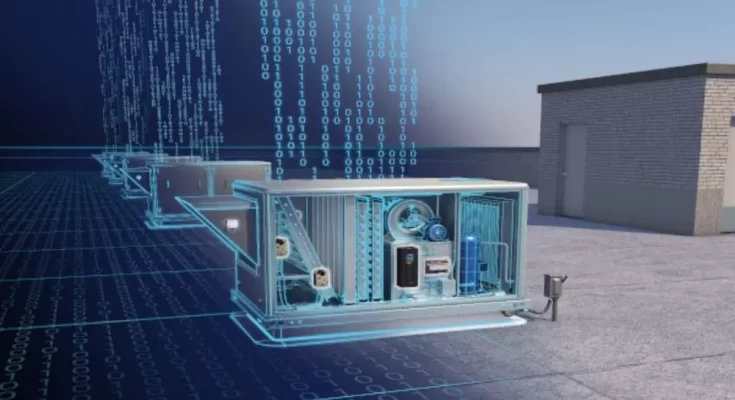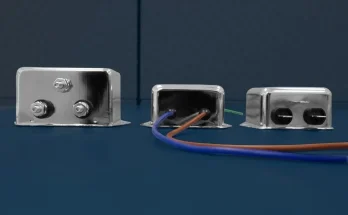Modern HVAC (Heating, Ventilation, and Air Conditioning) systems are becoming more sophisticated, integrating advanced technologies that improve energy management and streamline operations. Central to this transformation are Building Automation Systems and advanced HVAC controls. This article discusses their roles, benefits, and how they contribute to creating more efficient and sustainable smart buildings.
What Are Building Automation Systems (BAS)?
Building Automation Systems (BAS) are centralized networks that connect and manage various building systems, including HVAC, lighting, and security. Through a combination of hardware and software, BAS allow for automated control, monitoring, and optimization of building operations.
Key Functions of BAS in HVAC Management
- Temperature Regulation: BAS can adjust heating and cooling based on occupancy patterns and outdoor conditions to maintain optimal indoor temperatures.
- Energy Monitoring: By tracking energy use in real-time, BAS can identify inefficiencies and suggest adjustments to reduce consumption.
- Automated Scheduling: BAS enable pre-set temperature schedules, ensuring the HVAC system runs only when needed and saving energy.
Benefits of Implementing Building Automation Systems
Enhanced Energy Efficiency
One of the most significant advantages of BAS is their ability to optimize energy use. By automating and fine-tuning HVAC operations, these systems help reduce energy waste and lower utility bills. Data-driven insights provided by BAS can highlight trends and pinpoint areas where energy savings can be maximized.
Improved System Reliability
BAS continuously monitor HVAC performance, detecting potential issues before they escalate into costly repairs. This proactive approach to system maintenance extends the life of HVAC equipment and ensures more consistent performance.
Increased Occupant Comfort
Automated controls adjust temperature, humidity, and airflow in response to occupancy and environmental changes, maintaining a comfortable indoor climate. These precise adjustments prevent temperature fluctuations and improve overall comfort levels.

Advanced HVAC Controls: The Backbone of Modern Systems
Controls are integral to the effectiveness of building automation. Advanced HVAC controls include sensors, actuators, and programmable thermostats that communicate with BAS to fine-tune system operations. Here’s how they enhance HVAC performance:
Responsive Temperature and Humidity Control
Smart sensors monitor temperature and humidity levels, providing data that BAS use to maintain ideal indoor conditions. This ensures that HVAC systems respond quickly to changes, enhancing energy efficiency and comfort.
Zoning Capabilities
Modern controls enable HVAC zoning, which allows different areas of a building to be heated or cooled independently. Zoning maximizes energy efficiency by directing resources only where needed, preventing energy waste in unoccupied spaces.
Remote Monitoring and Control
Advanced controls often come with remote access features, allowing facility managers to monitor and adjust HVAC settings from anywhere. This capability is essential for large buildings or facilities with varying occupancy patterns.
Integrating BAS and Controls for Smart Buildings
For the most effective HVAC management, integrating building automation systems with advanced controls is key. This combination offers comprehensive monitoring and fine-tuned adjustments that are crucial for energy conservation and operational efficiency.
Steps for Successful Integration
- Assess Current System Compatibility: Ensure that existing HVAC infrastructure can support BAS and advanced controls. Retrofitting may be necessary for older systems.
- Choose Scalable Solutions: Opt for a BAS that can scale with your building’s needs and adapt to future upgrades.
- Invest in Training and Support: Properly train staff to operate and manage the automated system to maximize its benefits.
The Future of HVAC Management
As buildings become smarter and more connected, the integration of BAS and advanced controls will continue to evolve. Innovations in IoT (Internet of Things) and AI (Artificial Intelligence) are expected to further enhance these systems, enabling even more predictive and automated HVAC management.
Adopting building automation systems and advanced controls is not just a trend but a necessity for modern HVAC management. By leveraging these technologies, building owners can achieve greater energy efficiency, improve comfort, and contribute to sustainable building practices.




